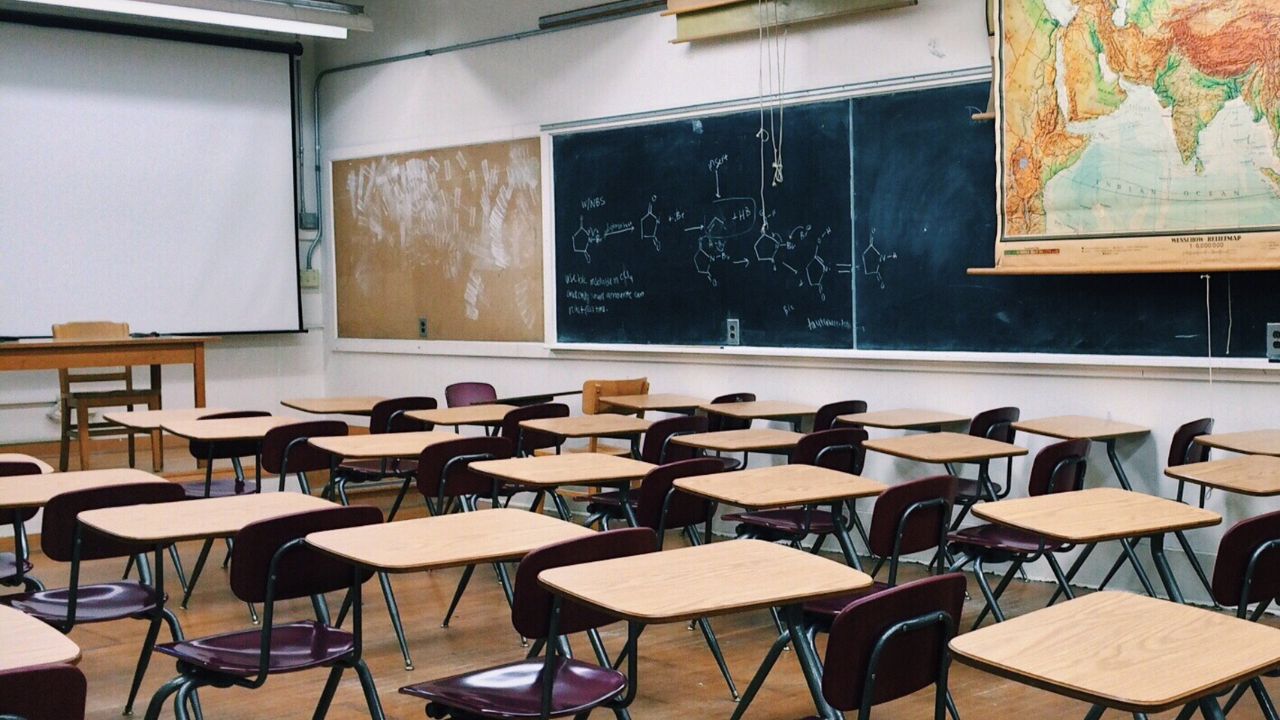The latest All India Survey on Education conducted under the Ministry of Education has revealed that the Muslim community in India is significantly lagging behind other communities when it comes to higher education enrollment. The AISHE Survey 2020-21 paints a dismal picture for the community, indicating a decline in enrollment numbers, The Hindu reported.
While the enrollment of Scheduled Castes, Scheduled Tribes, and Other Backward Classes (OBC) in higher education has shown improvement compared to the previous year, the Muslim community has experienced an 8% decline, resulting in approximately 1,79,000 fewer Muslim students. This decline is partially attributed to the COVID-19 pandemic, but it also points to the economic challenges faced by the community, which often force talented students to seek employment after completing their schooling instead of pursuing higher education.
The most significant decline in Muslim enrollment was reported in Uttar Pradesh, with a staggering 36% decrease. Other states that witnessed substantial declines include Jammu and Kashmir (26%), Maharashtra (8.5%), and Tamil Nadu (8.1%). In Delhi, one in every five Muslim students failed to enroll in higher education after completing the Senior School Certificate Examination. These findings cast a shadow on the education improvements claimed by the Aam Aadmi Party (AAP) in the national capital.
In Uttar Pradesh, where Muslims account for about 20% of the population, their enrollment for higher education stands at a mere 4.5%, despite the state reporting a significant increase in the number of colleges during the year. Kerala, on the other hand, stands out as the only state where 43% of Muslims pursue higher education.
The survey highlights the success of the OBC community, which constitutes 36% of total higher education enrollment in the country. Scheduled Castes account for an additional 14%. Together, these two communities occupy nearly 50% of the seats in universities and colleges.
Contrastingly, the Muslim community’s higher education enrollment is only 4.6%, despite comprising over 14% of the country’s population. Additionally, the survey reveals that Muslim and other minority communities have more female students than male students, indicating progress for women within these communities. It also suggests the pressure on male members to enter the workforce at an early stage.
The survey’s findings also shed light on the inadequate presence of Muslim teachers in higher education institutions. Teachers from the General Category account for 56% of all teachers in India, while OBC, SC, and ST teachers represent 32%, 9%, and 2.5% respectively. Muslims make up only around 5.6% of the total teachers. In terms of gender, there are 75 female teachers for every 100 male teachers. Notably, female OBC, SC, and ST teachers fare better than their Muslim counterparts, with 71% and 75% female representation, respectively, compared to only 59 female Muslim teachers per 100 male Muslim teachers.
Similarly, the survey indicates that among non-teaching staff, the highest female-to-male ratio is observed among the Other Minority Communities with 85 females per 100 males. In contrast, the Muslim community has the lowest representation, with only 34 females per 100 males.
According to the AISHE survey, the estimated total enrollment in higher education is 4,13,80,71, with nearly 91 lakh students in universities and constituent units. Female students account for 48.67% of the total enrollment, while male students make up 51.33%.
These survey findings come just five months after the Ministry of Minority Affairs discontinued the Maulana Azad Fellowship, which provided financial support to Muslim students pursuing higher education. Additionally, the previous government in Karnataka revoked the 4% reservation for Muslims ahead of the Assembly election in the state.
The discontinuation of the Maulana Azad Fellowship for Muslim students pursuing higher education by the Ministry of Minority Affairs has raised concerns about the support available to Muslim students. This move could further hinder their access to higher education opportunities.
Furthermore, the removal of the 4% reservation for Muslims by the erstwhile BJP government in Karnataka has also had an adverse impact on the community’s educational prospects. Reservation policies are often seen as essential tools for promoting inclusivity and providing equal opportunities for marginalized communities.
These recent developments, combined with the findings of the AISHE survey, highlight the urgent need for targeted interventions and policies to address the educational disparities faced by the Muslim community. It is crucial to create an enabling environment that encourages and supports Muslim students in pursuing higher education.
Efforts should be made to improve access to quality education, provide scholarships and financial aid, and enhance awareness about higher education opportunities among the Muslim community. Additionally, measures should be taken to address the economic challenges faced by the community, ensuring that talented students are not forced to forego higher education due to financial constraints.
Institutions of higher education should also focus on increasing the representation of Muslim teachers and non-teaching staff. Diverse faculty and staff can contribute to a more inclusive learning environment and serve as role models for Muslim students.
Government bodies, educational institutions, and civil society organizations must work collaboratively to bridge the educational divide and promote equal opportunities for all communities, including the Muslim community. By addressing these challenges, India can strive towards a more equitable and inclusive education system that empowers all its citizens to thrive and contribute to the nation’s progress.











































